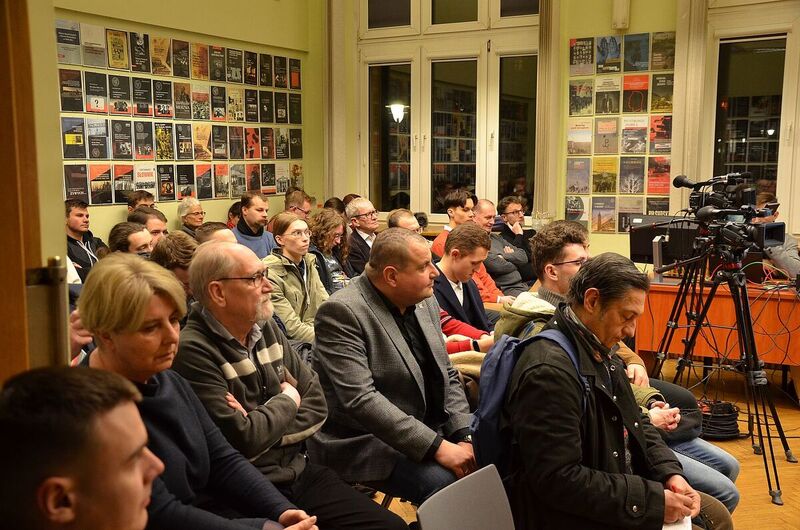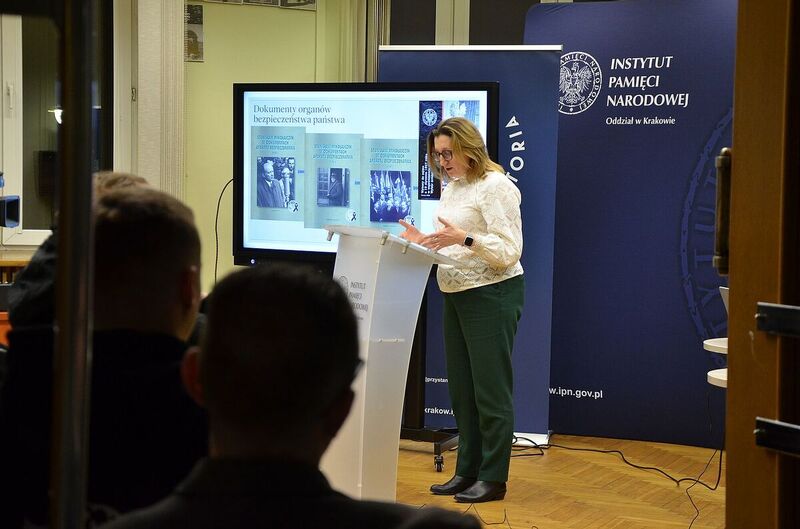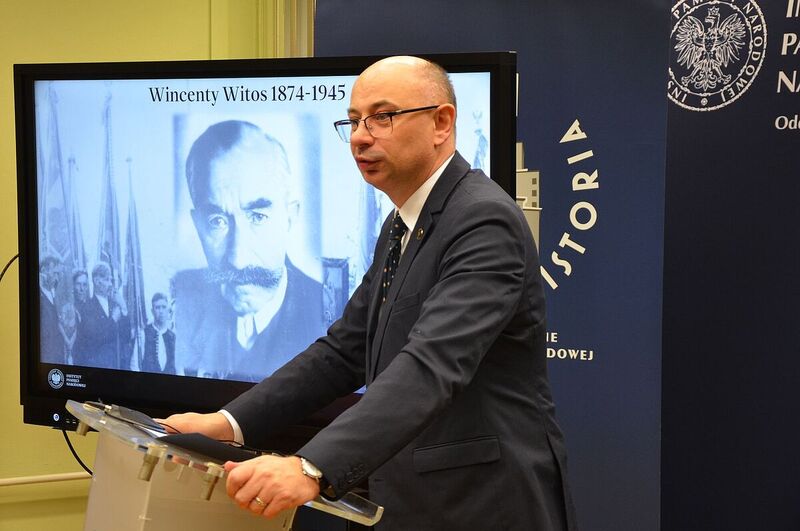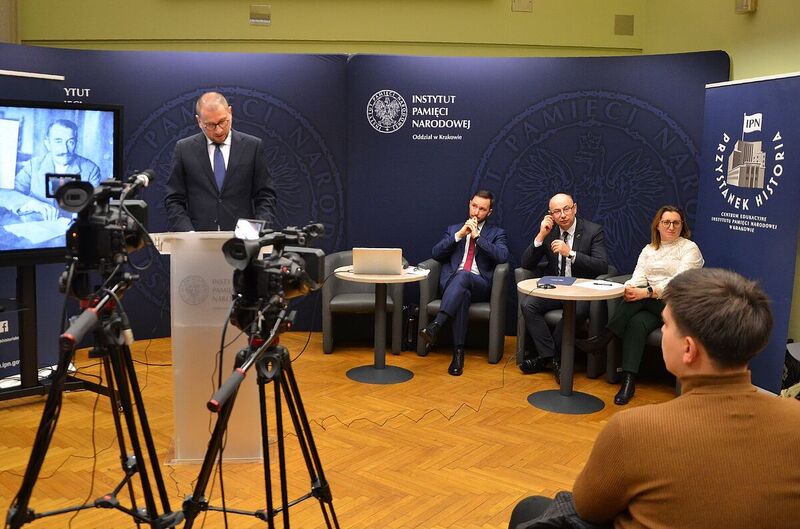"The Life and the Activities of Wincenty Witos in the Light of the IPN Archival Materials"
An event which coincided with the 150th anniversary of the birth of Wincenty Witos was held in Cracow on the premises of the IPN History Point educational centre.
Wincenty Witos was a prominent Polish statesman, the leader of the Peasant Party, who was three times prime minister of Poland during the 1920s. He is considered one of the so-called Fathers of Polish Independence.”
The IPN acquired original documents related to Witos, including manuscripts. They were presented during the meeting which was attended among others by the IPN Deputy President Mateusz Szpytma and the Director of the IPN Archive Marzena Kruk. The latter also spoke about important collections of documents and artefacts related to the Polish peasants movement which are stored in the IPN Archive.
Wincenty Witos was a peasant movement activist, and from 1895 a member of the Peasants’ Party in Galicia. Initially, he supported the idea of the Polish Legions, perceiving Austro-Hungary as the guarantor of the re-emergence of the Polish state. From 1915 on, he began to support the idea promoted by the National Democracy, of the rapprochement with the Western powers. In the autumn of 1918, he was appointed the head of the Polish Liquidation Committee in Cracow, a temporary government with the mission of taking power in the western part of the sector controlled by the Austro-Hungarian empire. During the Polish-Soviet War, he was the Prime Minister and member of the Council of National Defence.



